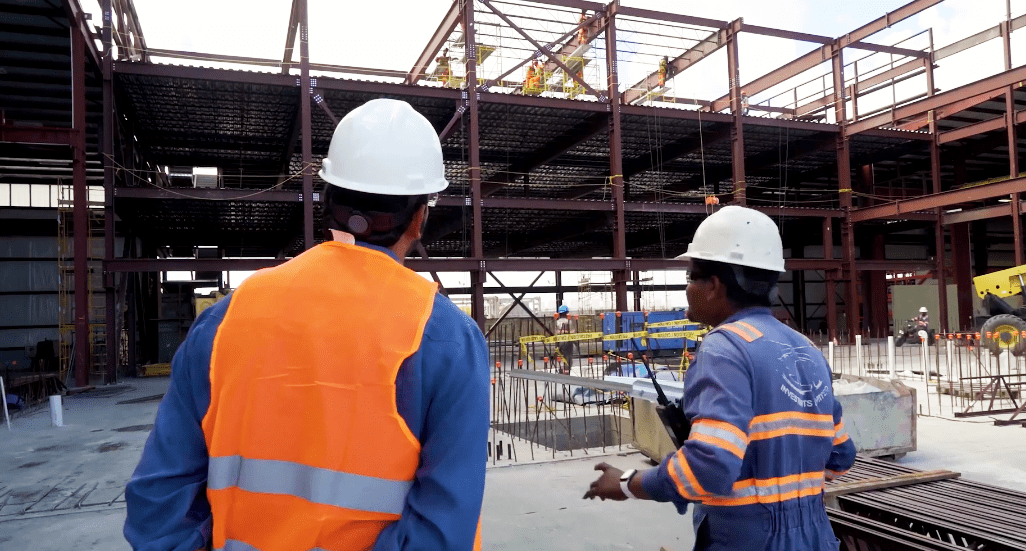Now in its second year of oil production, Guyana’s oil and gas industry is still in its infant stage. The massive operations offshore are driving exploration activities across several blocks and production at the giant Stabroek Block where ExxonMobil has so far found more than 10 billion barrels of oil equivalent since 2015.
“It’s very important to us that the people in Guyana benefit from our operations, not just through the revenues that’s generated to the government, but also directly through the implementation of the projects,” said Alistair Routledge, President of ExxonMobil Guyana.
A landmark gas-to-energy project being planned is set to deliver huge benefits to Region Three and to people across the country with more affordable electricity and a range of spin-off business opportunities.
Since 2015, the company has spent more than half a billion U.S. dollars with local suppliers supporting the emerging oil and gas industry. The South American country has also received a similar sum so far in revenues generated from the export of its share of crude, amounting to 9 million barrels at the close of 2021.
Exxon sees unprecedented progress in local content development in Guyana – Routledge
“I am pleased to say more than 3200 Guyanese are involved in our industry. Everything from working offshore to supporting the supply chain onshore. And we expect over the coming years, more and more benefits to reach more people,” Routledge said.
In February 2021, the company along with co-venturers Hess and CNOOC launched the Greater Guyana Initiative (GGI), a 10-year commitment of more than GY$20 billion (US$100 million) to significantly expand capacity building efforts and promote sustainable economic development in Guyana.
New Exxon Guyana head office will supply power to Georgetown grid – Routledge
GGI’s capacity development efforts include programmes designed in consultation with Guyana’s Technical and Vocational Education and Training, the Centre for Local Business Development and University of Guyana. The programme is focusing on supporting regional initiatives and capacity development of diverse sectors including health and agriculture.
Minister of Natural Resources, Vickram Bharrat said through targeted capacity-building programs local workers and businesses are playing a progressively meaningful role in the sector.
“With the nation expected to produce about 1 million barrels of oil per day within a decade, the government plans to capitalise beyond the direct benefits, and maximise spin-off benefits and new opportunities to develop local content,” he said.



